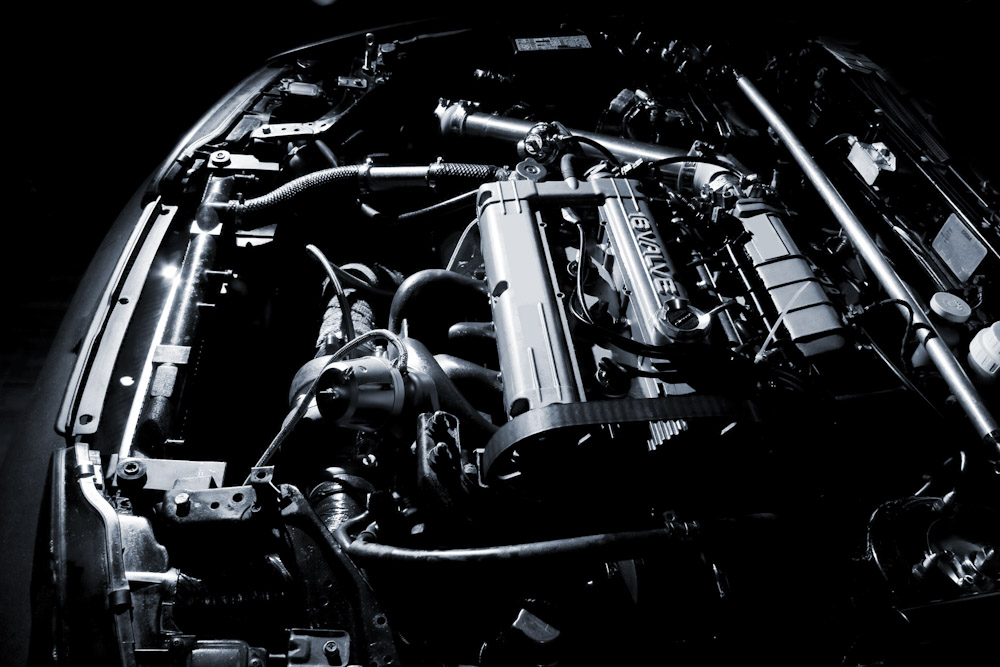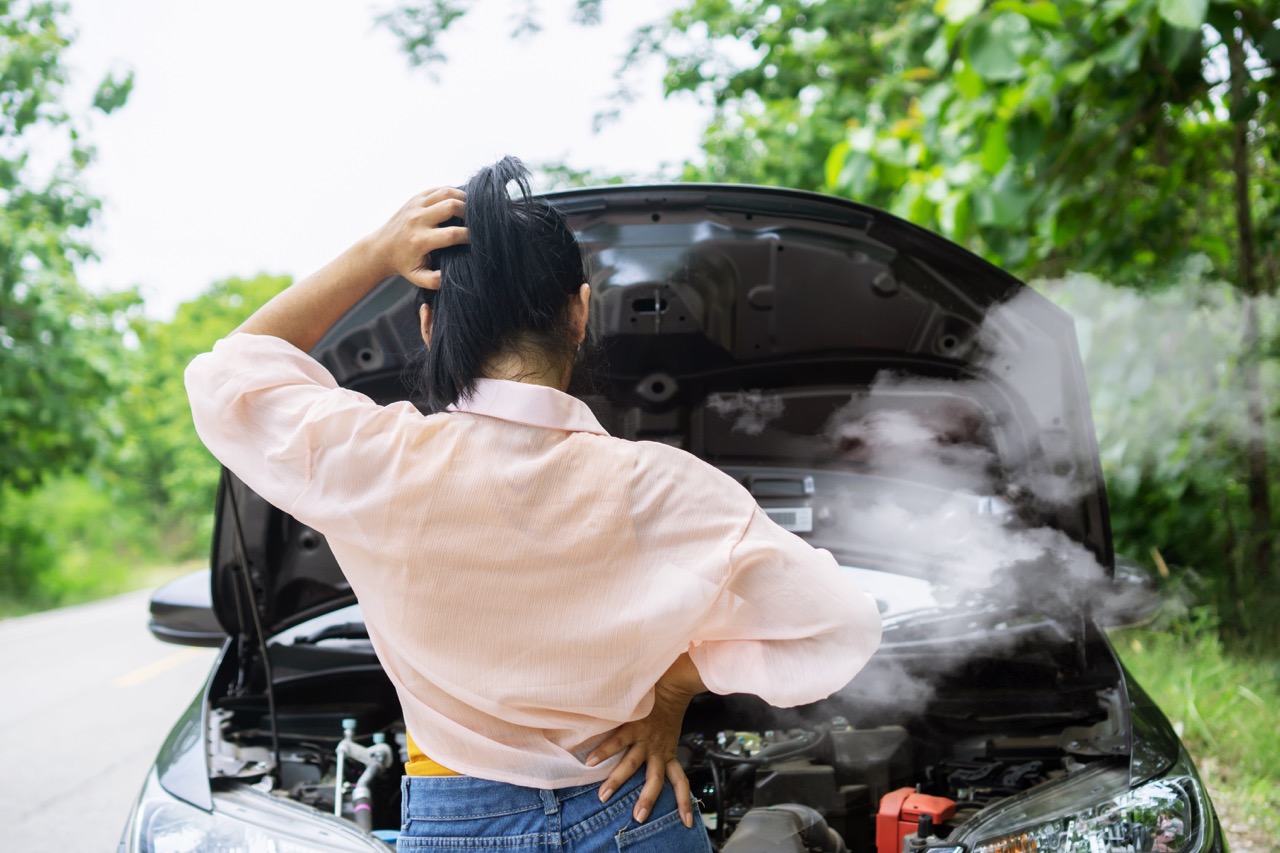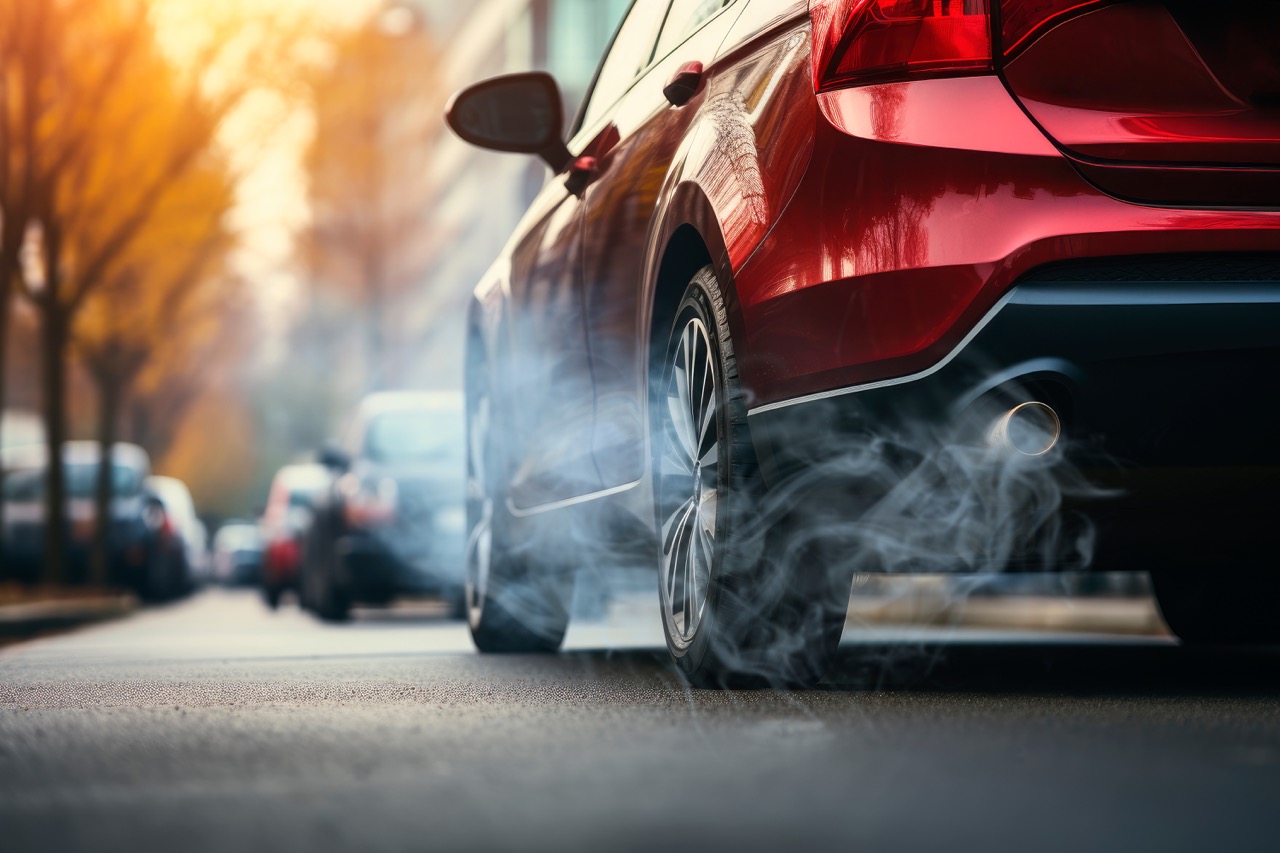
When it comes to learning how cars work, car owners usually follow down one of two paths; either they learn as much as they can, picking up knowledge as they go along and showing general interest in how things work, or they choose not to learn about how the car’s various systems work in tandem to keep them moving. There is no right or wrong method. As long as the driver is responsible behind the wheel and holds the safety of their passengers and others on the road as their highest priority, it truly doesn’t matter if one’s proclivities lead them away from learning about cars.
That being said, some working knowledge of the vehicle you’re driving could come in handy when it comes to auto repairs. Being able to identify what might be out of alignment or not working properly is a great skill that can help save you from spending lots of cash on preventable car repairs.
The Fuel System
While there are very few completely superfluous components in a car﹘these mostly adding up to entertainment features like XM radio or a 6-CD changer﹘some of the vehicle’s systems are more than important, they’re absolutely essential. Such is the case for the fuel system. In order to fulfill the car’s purpose to go from Point A to Point B, the wheels have to be turning. This happens when the engine, utilizing the power of its internal combustion process, turns a crankshaft that then turns a series of axles connected to the wheels, spinning them. The fuel system provides the catalyst necessary for that internal combustion to occur.
The Components
Sometimes a failing fuel system can result in the car stalling randomly or being unable to start, either completely or only after the engine turns over several times while the key is in the ignition. If this is happening and you suspect the fuel system might be to blame, the experts at Master Muffler in Orem will check a number of relevant components to determine where the issue may be. The fuel system is comprised of a few of these essential parts, including:
- Fuel Tank: The reservoir for the gas you put in your car. Connected to it are the fuel pump and the fuel gauge unit that lets the driver know how much gas they have.
- Pump: The pump uses either electricity or the mechanical energy of the camshaft (a component of the crankshaft) to move a diaphragm up and down, which in turn siphons the gas from the tank. The pump then pushes that drawn-out fuel through to the filter.
- Fuel Lines: The arteries of the car, the fuel lines are the pipes through which the gas travels to its various stations.
- Filter: The filter is used to strain the gas for harmful particulates that could damage the engine if allowed to enter. Replacing the fuel filter once it has become clogged is one of the most common auto repair jobs we see at Master Muffler.
- Fuel Injectors: Using a series of sensors and computers, the fuel injectors determine how much gas should be let into the engine to create the proper air/fuel mixture that will then combust to create the torque that drives the car.
Understanding how each part works will help increase the effectiveness of your auto repairs, either by attempting to do them yourself or by describing the issue to your mechanic. If any part of the fuel system needs servicing, the experts at Master Muffler will be able to help you.
Related Posts
As an EV owner, understanding your vehicle's battery is critical. From its capacity to its lifespan, and everything in between, we'll guide you through what you need to know to optimize your EV experience. So buckle up and get ready - we're about to shed some light on the electrifying world of EV batteries. What [...]
If your car is running hot, it can be a sign that something’s not right with your engine. Fortunately, diagnosing the cause of an overheating engine isn't too difficult if you know what to look for and how to address it. Keep reading if you want to learn the most common issues that occur when [...]
Your vehicle's exhaust system serves a critical role in managing the byproducts of the combustion process and ensuring optimal engine performance. The appearance of colored smoke from the exhaust pipe, either when stationary or accelerating, can provide valuable clues to underlying mechanical issues. What is a car exhaust? A car exhaust is a system [...]





